Infectious diseases pose a major burden on the healthcare systems, particularly in developing countries. Tuberculosis, caused by the species in the Mycobacterium tuberculosis complex, is the leading cause of death due to an infectious agent, just behind HIV/AIDs. Despite the variety of diagnostic and treatment methods available, challenges still exist in the elimination of mycobacterial infections, particularly tuberculosis. Moreover, the efforts of the healthcare systems are thwarted by the development of drug-resistant strains. This poses the need for further research in reliable, quick, and easy-to-use diagnostics; novel treatment options; as well as effective monitoring of patients under therapy.
Type 1 diabetes (T1D), an autoimmune disease characterized by a lack of insulin secretion due to the partial or complete destruction of the pancreatic islet cells, is increasing in incidence worldwide. The destruction of the cells is believed to be a result of environmental (infections/vaccinations) or genetic factors. However, the primary trigger for the onset of Type 1 diabetes as well as the underlying immunological mechanisms remain elusive.
Our research interest primarily focuses on understanding the immune pathways responsible for disease pathogenesis. A special focus is on immune biomarkers and their potential to be used in the clinical translation of infectious and autoimmune diseases, particularly tuberculosis and type 1 diabetes.
1. Mansonella perstans effects on BCG vaccine-induced protection against childhood tuberculosis (TB) as well as TB disease severity and recovery in Ghana and Cameroon.
M. perstans is one of the most prevalent human parasites in sub-Saharan Africa. The Culicoides species are speculated to be the transmitting vector of M. perstans. However, knowledge of the exact Culicoides species in which infective larvae of M. perstans develop will help provide insights into the effect of bio-ecological niches in the prevalence of M. perstans infection. This will further enable public health action in reducing transmission and research into appropriate therapeutic strategies. Infection with M. perstans affects hosts’ immunity against mycobacterial diseases including TB and Buruli Ulcer. However, the immune modulatory effects of M. perstans infection on TB disease severity and recovery under treatment are not well understood. Previous studies have demonstrated that M. perstans infection induces regulatory immune cells and impairs the efficacy of BCG vaccination in protecting against active TB infection. To validate previous findings, studies assessing the effects of filarial infections, particularly M. perstans, in BCG-induced protection of high-risk and close contacts of active TB patients are warranted.
Furthermore, there is a paucity of reliable methods to determine disease severity and monitor tuberculosis treatment response. Identification of plasma biomarkers of T-cell function as well as T cell-specific markers associated with tuberculosis infection, treatment, and recovery will enable monitoring of TB patients under therapy and reduce unfavorable treatment outcomes.
Our research focuses on addressing these research gaps to gain a deeper insight into the transmitting vector of M. perstans, regulatory effects of M. perstans infection on Tuberculosis disease pathogenesis, and BCG-vaccine-induced protection of children contact of active TB patients. In addition, it will facilitate the identification of reliable biomarkers of tuberculosis disease severity and treatment response.
Principal Investigators:
Prof. Richard Odame Phillips
Prof. Marc Jacobsen
2.Type 1 Diabetes in Ghana and Germany – Immune pathology of early versus late disease onset and influencing genetic and environmental factors
Type 1 Diabetes (T1D) is an autoimmune disease with continuously increasing incidence and worldwide distribution. The onset of T1D in Caucasians is predominantly in childhood between 5 and 15 years, however, T1D patients from Sub-Saharan Africa have a delayed disease onset. Differences in age of onset are largely associated with genetic factors; polymorphisms of class II HLA genes encoding DQ and DR account for familial aggregation of T1D. However, previous studies have demonstrated a low concordance rate of T1D susceptibility in monozygotic twins raising concerns about the influence of environmental factors including infections and vaccination. Nevertheless, the underlying immune pathology, potentially influential environmental factors, and the precise cause of T1D onset are poorly defined so far. Aberrant effector and regulatory T cell activity have been observed in T1D patients. An increased effector and a reduced regulatory T cell function led to infiltration of autoreactive CD4+ T cells around the pancreatic islet β cells, eventually causing their destruction and loss of function. To date, there is a lack of established evidence of T cell-related differences between early and late-onset T1D.
This project aims to investigate the role of differential immune pathology and external factors for early or late T1D onset in patient cohorts from Ghana and Germany. This will enable us to identify biomarkers of immune pathology and influential external factors contributing to differences in the early onset age in German T1D patients as well as to the delayed T1D onset in Ghana.
Principal Investigators:
Prof. Richard Odame Phillips,
PD Dr. Julia Seyfarth,
Prof. Marc Jacobsen
3.Non-Tuberculous Mycobacteria in pulmonary disease patients with presumptive tuberculosis from Ghana (NOTe-ME)
Overview
Summary of Project Aims: This proposed study is intended to contribute to the detection of NTM infections and to characterize the underlying immunological mechanisms of non-Tuberculous Mycobacteria (NTM) susceptibility. This study comprises two work packages (WPs). WP1 includes clinical characterization of presumptive tuberculosis patients and identification of NTM pulmonary diseases by sputum analyses. Further, NTM characterization by whole genome analyses for identification of diagnostic test targets will be performed and serum samples stored. WP2 includes comparison of immune response between NTM and M. tuberculosis complex caused disease and latent infection. Establishment of immune assay for support of diagnosis will be aimed for.
Principal Investigators:
Prof. Richard Phillips
Prof. Marc Jacobsen
Dr. Ernest Adankwah
Funder: German Research Foundation (DFG)
Project period: November 1, 2022-December 31, 2026
Kumasi Centre for Collaborative Research in Tropical Medicine (KCCR), Kumasi, Ghana
Universitätsklinikum Düsseldorf, Germany
Agogo Presbyterian Hospital, Agogo, Ghana
Atebubu Municipal Hospital, Atebubu, Ghana
St Matthias Catholic Hospital, Yeji, Ghana
Sene District Hospital, Sene, Ghana
Komfo Anokye Teaching Hospital (KATH), Kumasi, Ghana
University Hospital, KNUST
Kumasi South Hospital
2022–2025 DFG-Project (JA 1479/14-1), Title: Non-Tuberculous Mycobacteria in pulmonary disease patients with presumptive tuberculosis from Ghana – The influence of environmental, pathogen, and host immune factors (NoTe_Me)
2018–2023 DFG-Project (JA 1479/9-1), Title: Mansonella perstans effects on BCG vaccine-induced protection against childhood tuberculosis (TB) as well as TB disease severity and recovery in Ghana and Cameroon (MaPTB)
2017–2020 Manchot Graduate School, Molecules of Infection (MOI)-3, Title: Biomarkers of T-cell immunity against multi-drug resistant Mycobacterium tuberculosis strains
2013–2017 DFG-Project (JA 1479/7-1), Title: Title: The effects of Mansonella perstans infections on concomitant mycobacterial infections and BCG vaccination efficacy in Ghana, Cameroon, and Benin (MaP2Co)
2013–2016 Manchot Graduate School, Molecules of Infection (MOI)-2, Title: Characterization of T-cell interactions with macrophages in an in vitro M. tuberculosis infection model. (MaP2Co)
2009–2016 German tuberculosis relief association (DAHW), Principal Investigator; miRNAs in latent M. tuberculosis infection
2009–2012 DFG-Project (JA 1479/3-1), Title: Immune polarization in childhood TB and helminth coinfection
2010–2011 EU Framework 7 Programme Theme 1: Health, Correlates of Protection, Title: Identification and development of vaccine candidates for Buruli Ulcer Disease (BuruliVac)
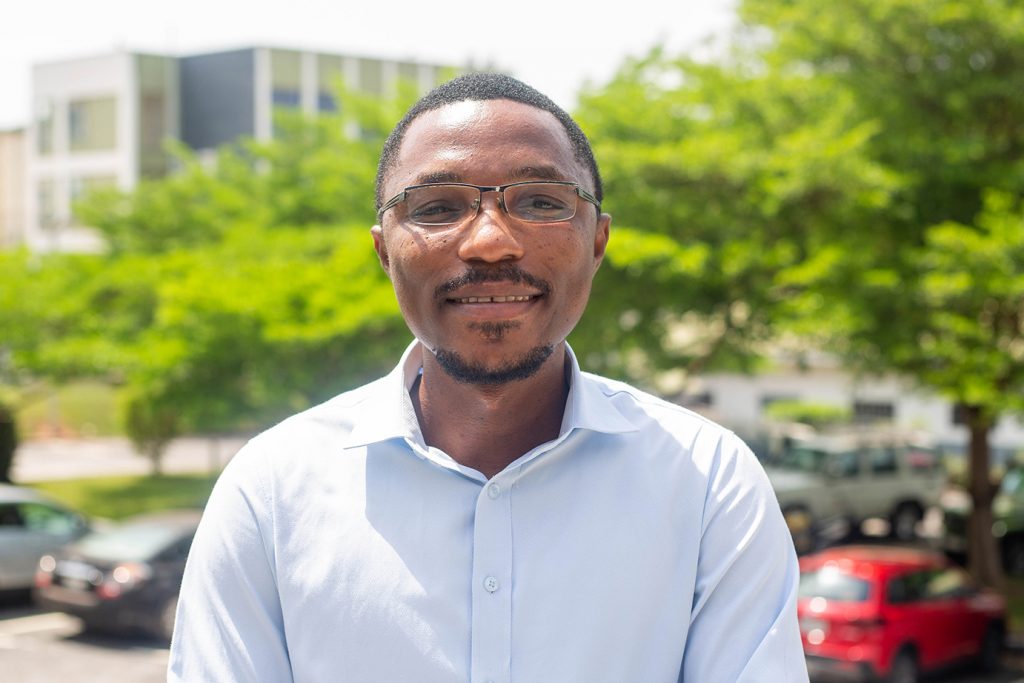
Team Leader, Ghana
Dr. Ernest Adankwah
Phone: +233 24 373 6185
E-Mail: e.adankwa@kccr.de
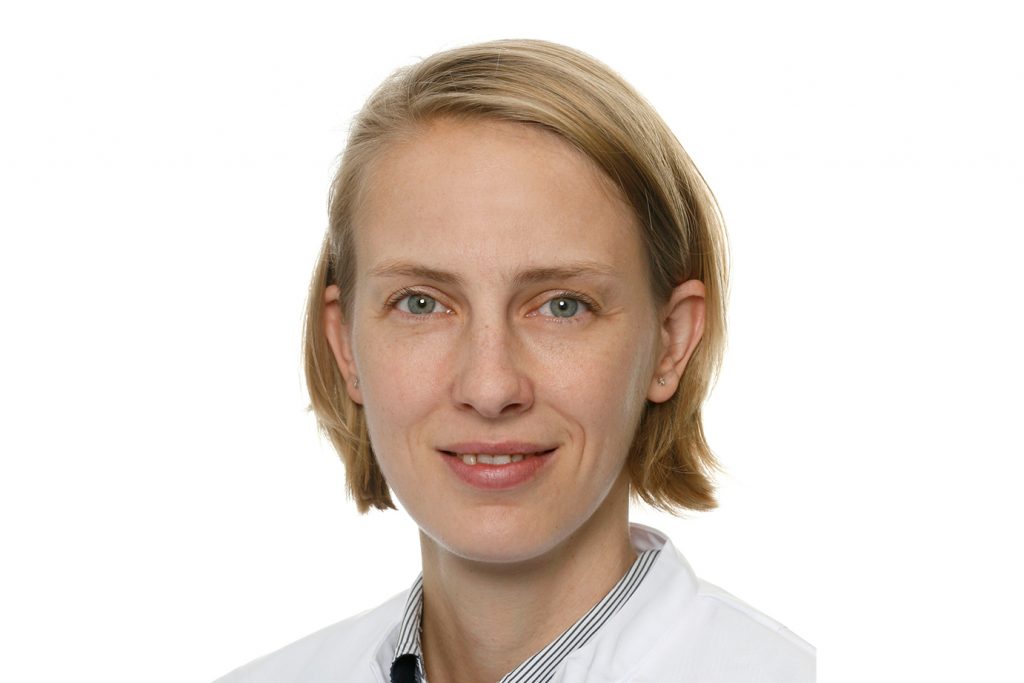
Collaborator
Dr. Julia Seyfarth
Phone: +49 211 81 17705
E-Mail: julia.seyforth@med.uni-duesseldorf.de
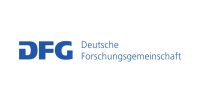
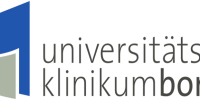
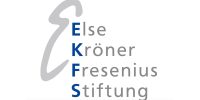
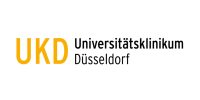
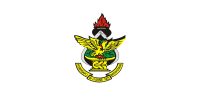
South-end Asuogya Road,
KNUST, Kumasi
Ghana
GPS: AK-312-1059
Monday – Friday
8am – 5pm
Monday – Sunday
8am – 5pm
KUMASI CENTRE FOR COLLABORATIVE RESEARCH IN TROPICAL MEDICINE
Copyright © 2025. All rights reserved